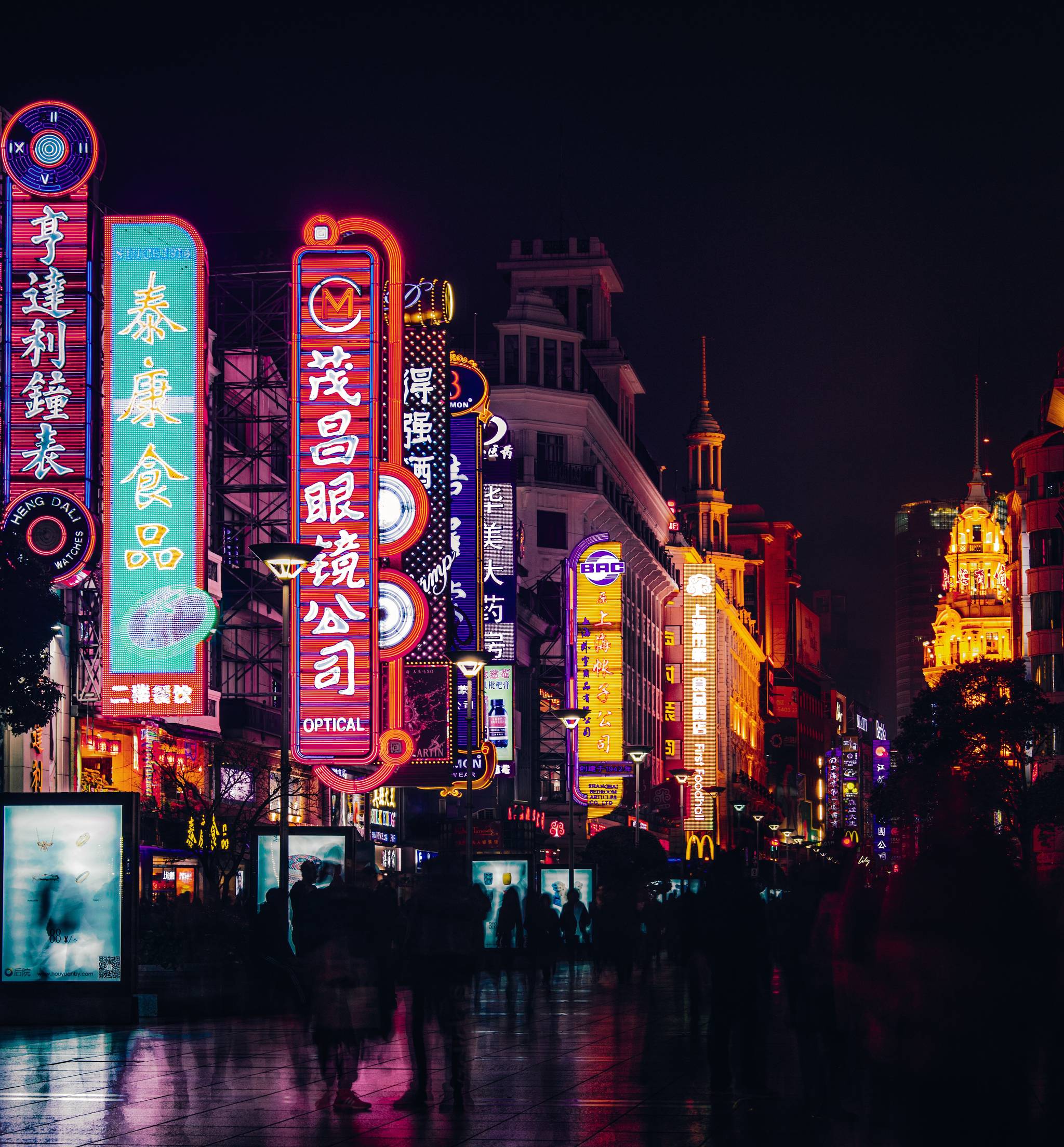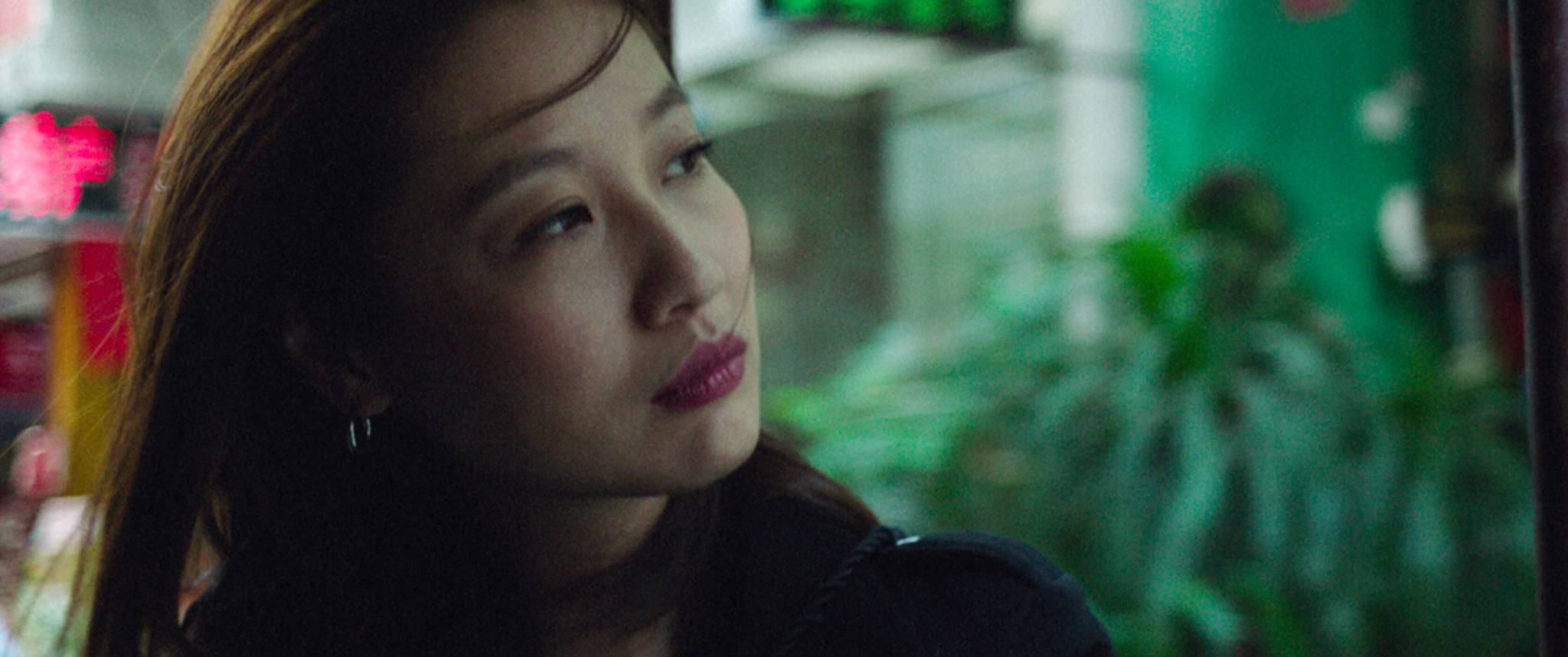
Amid China's economic rollercoaster, young people are tossing aside disillusionment like yesterday's takeout. What began as a virtual rebellion is now infiltrating Chinese society faster than a viral challenge, with the ‘lying flat’ trend impacting the digital realm and the real world.
China’s graduating Class of 2023 turned into zombies and Chinese social media was all here for it.
Toga-wearing graduates sprawled themselves over bushes, on public stairs, and on the stage of their graduation ceremonies — ironically showing bleak visions of their future in the workforce.
“There are layoffs and the salaries have been dropping,” Xu Rain, a digital art media graduate, told The Washington Post. “The rent in Hangzhou is so high. How do you live [on that]?”
Before Bryan Creely popularised ‘quiet quitting’ in 2022, Gen Z in China already had tang ping (躺平 ‘lying flat’) and it started with an online forum. Entitled “Lying Flat Is Justice” Luo Huazhong, a user of the Chinese forum Baidu Tieba, detailed his decision to live a minimalist life amid growing economic pressures.
“Lying flat is a state of mind,” he said in the now-taken-down forum. “[T]hat is, I feel that many things are not worthy of my attention and energy.”
And for Gen Z – 20% of whom remain jobless post-grad – many of them resonated with Luo’s philosophy.
According to Peking University associate professor Zhang Dandan, the unemployed youth population could reach 46.5% if youngsters who still live with their folks or are undertaking post-graduate studies are included in the figures.
Catalysts of tang ping as a generational movement vary. Some look to the ‘996’ overwork culture and ‘wolf culture’ or extreme workplace competition, while other analyses mention the pressures of supporting elderly family members who will comprise 20% of China’s population by 2035.
So it's no surprise that Gen Zers began pushing back and protesting by urging people to “lie flat to avoid being cut down”. This movement led to 200,000-member forums on social networking apps like Xiaohongshu, Douban, and Douyin that express the Zer desire for softer, slower lives.
Many post plans to return to their villages, work in convenience stores in Beijing hutongs and some have even released tang ping t-shirts which have become bestsellers online. But is this vision of a Gen Z future too good to be true?
A Nanfang Daily op-ed called the lying flat trend and related content “shameful”.
After this, Luo’s Weibo post disappeared and the ‘lying flat’ search function on WeChat was disabled. A 9,000-member Douban discussion group was taken down. Merch related to the movement was pulled from Alibaba stores.
And in January 2024, government officials from several provinces were “admonished,” with some being “named and shamed” for lying flat.
But across social media feeds and especially on TikTok, a rejection of working norms lives on amongst Chinese youth – the #tangping lives on with 1.6 million views and #lyingflat has 2.2 million views and counting.
With emerging concepts of “runology” (润学) related to the collective desire to immigrate overseas and bai lan (摆烂 “let it rot”) being a complete refusal to participate in society, Chinese Gen Z are looking to escapism and foregoing self-improvement in a bid to rewrite the rules, resist the game and rock the boat in the face of government and economic pressures.



